Charting the transformative power of protest photography across print media over seven decades, 10×10 Photobooks’s latest book redefines the visual language of dissent
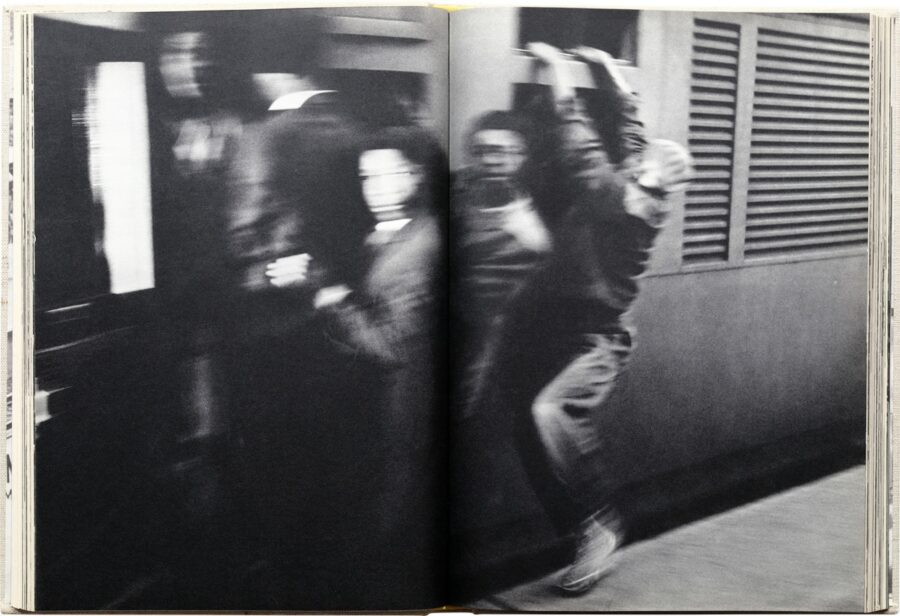

Charting the transformative power of protest photography across print media over seven decades, 10×10 Photobooks’s latest book redefines the visual language of dissent
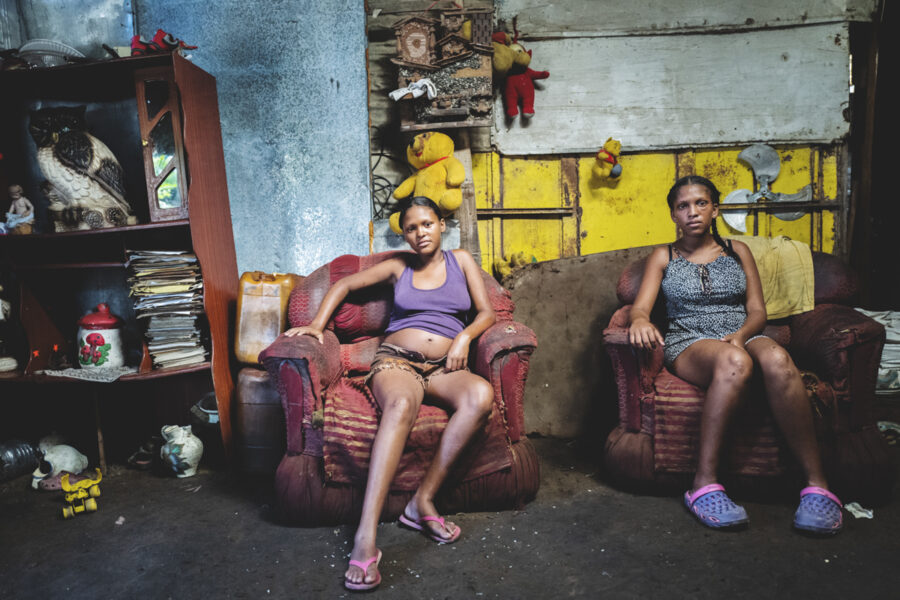
Ana María Arévalo Gosen, winner of the Marilyn Stafford FotoReportage Award, discusses the realities of young motherhood – and why she hopes to change Venezuela’s abortion laws
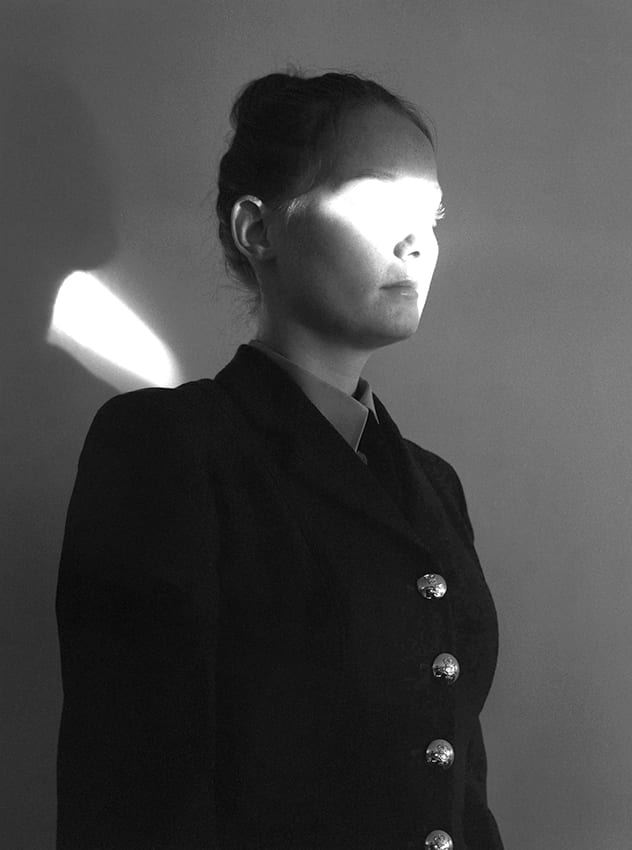
Upon learning of her mother’s terminated pregnancy while in the armed forces, the photographer set to work to reveal an intimate and important experience shared by many
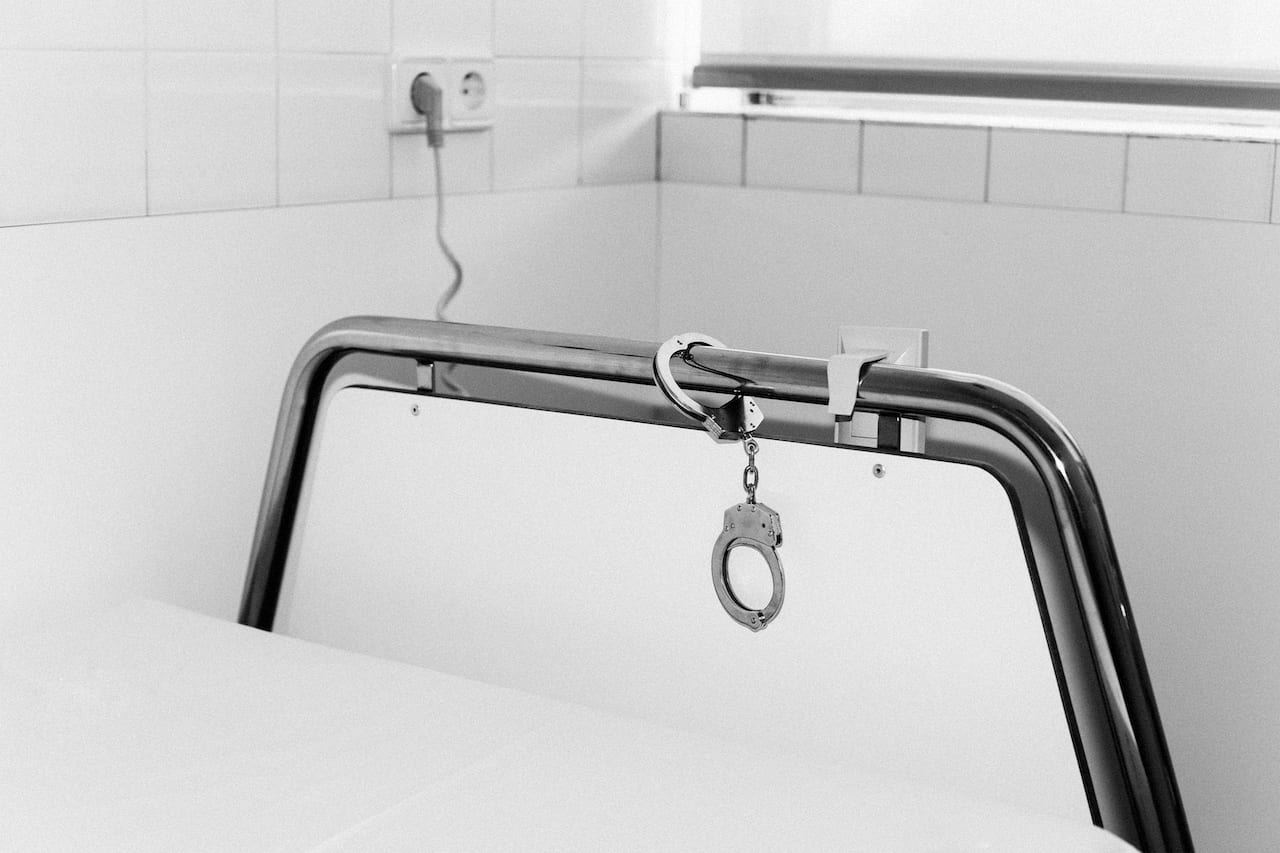
Abril wins the prestigious prize for her long term project highlighting stigmatised issues The History of Misogyny
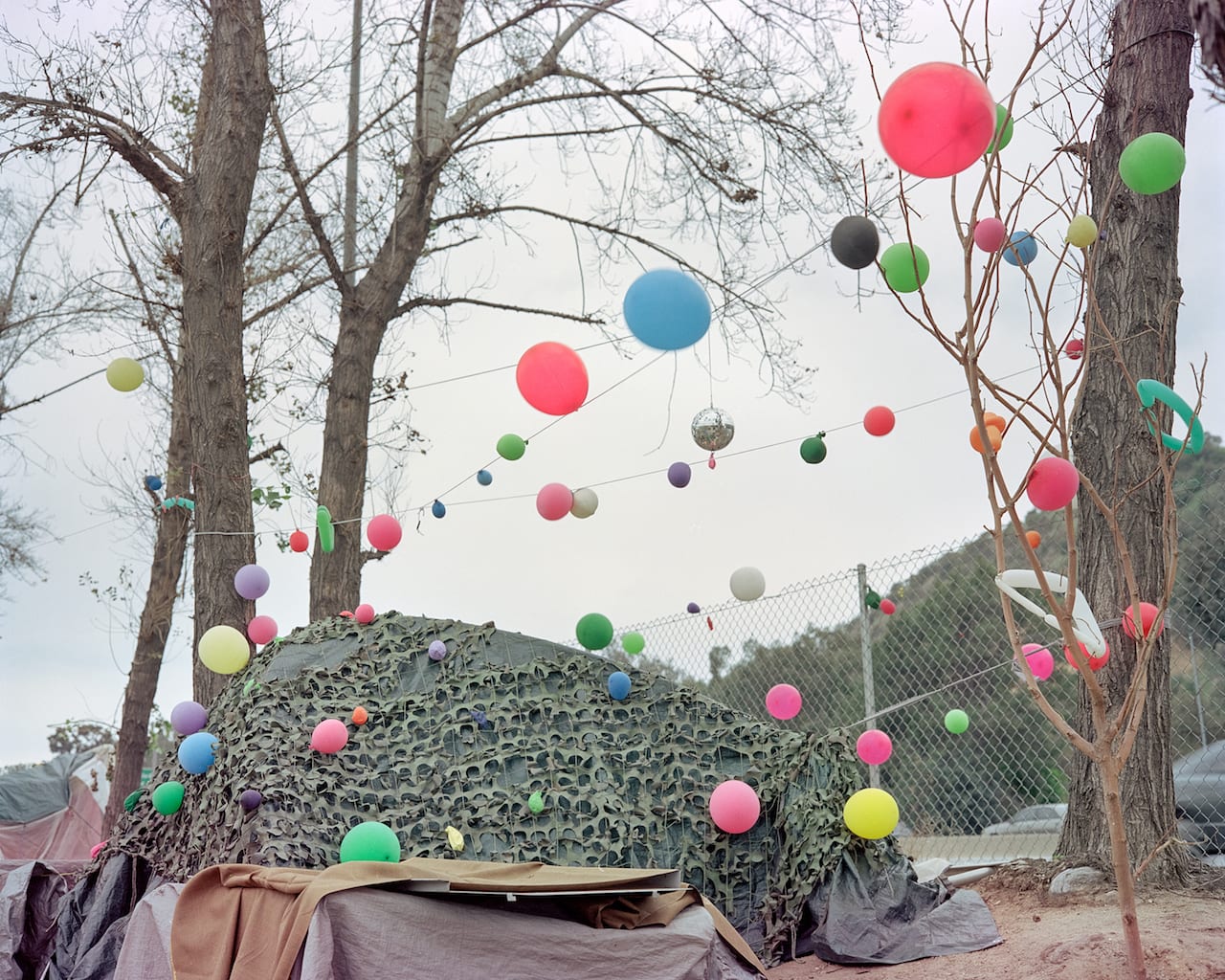
Publications we loved, and the big news stories from the last month in photobooks – featuring work by Peng Ke, Tom Wood, Paul Reas, Vivian Maier and the post-war PROVOKE group
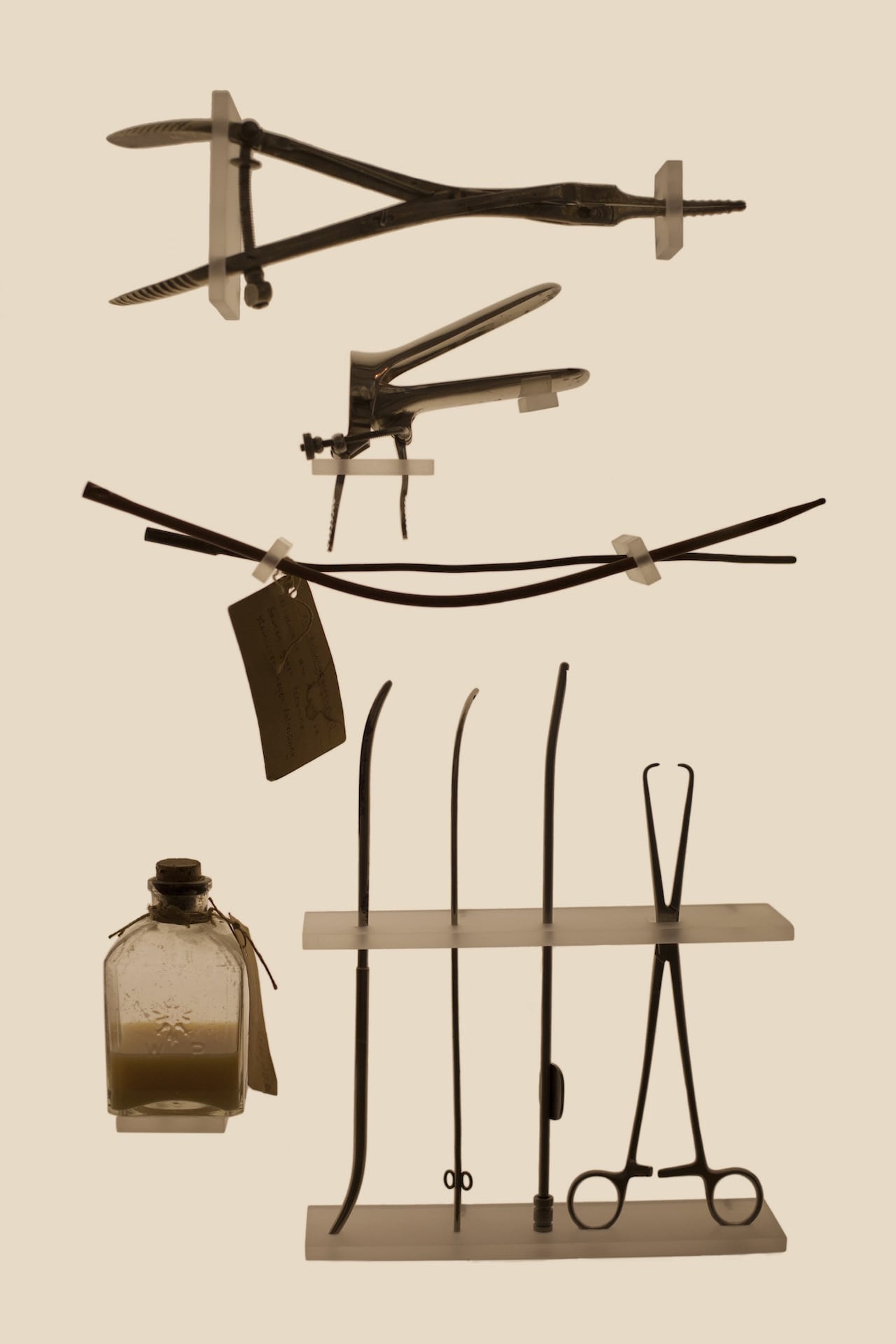
Laia Abril is no stranger to themes of distress. Bulimia, coping with the death of a child, the asexual community, virtual sex-performer couples – these are all topics that the Barcelona-based photographer has explored and attempted to demystify with her multi-layered, story-based practice. The subjects she tackles are complex and provocative, but ones she is able to connect with by way of female empathy, “where I can be involved emotionally”, she says.
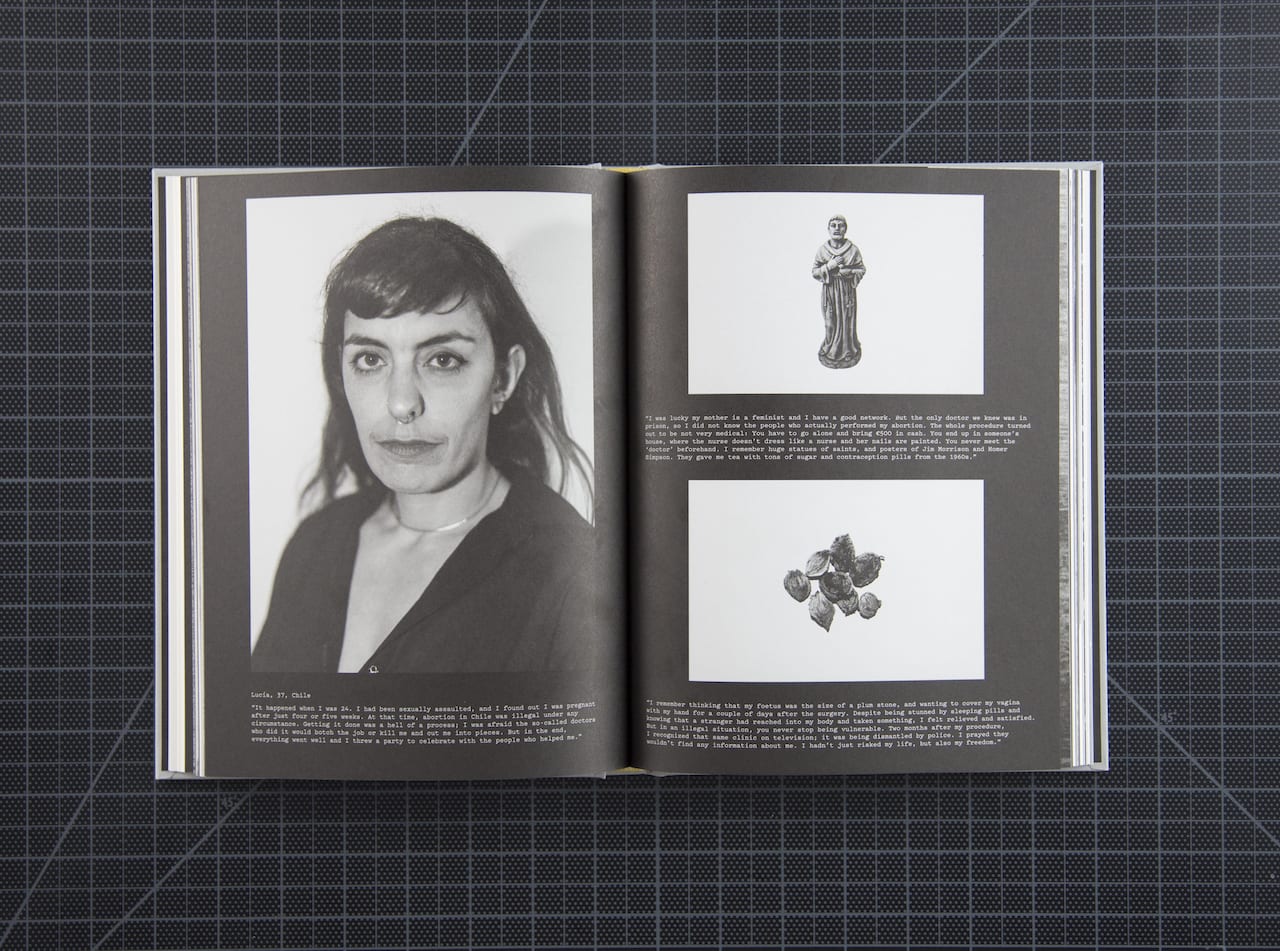
Out of nearly 1000 submissions, the winners for this years Paris Photo/Aperture Foundation Photobook Awards, established in 2012 to celebrate the photobook’s contribution to the narrative of photography, have been announced at Paris Photo.
The Photobook of the Year award went to Laia Abril, for part one of her long-term project, A History of Misogyny, Chapter One: On Abortion (Dewi Lewis). The project is not about the experience of abortion itself, but about the repercussions for women who do not have access to legal, safe or free abortions, forcing them to consider dangerous alternatives that cause physical and mental harm.
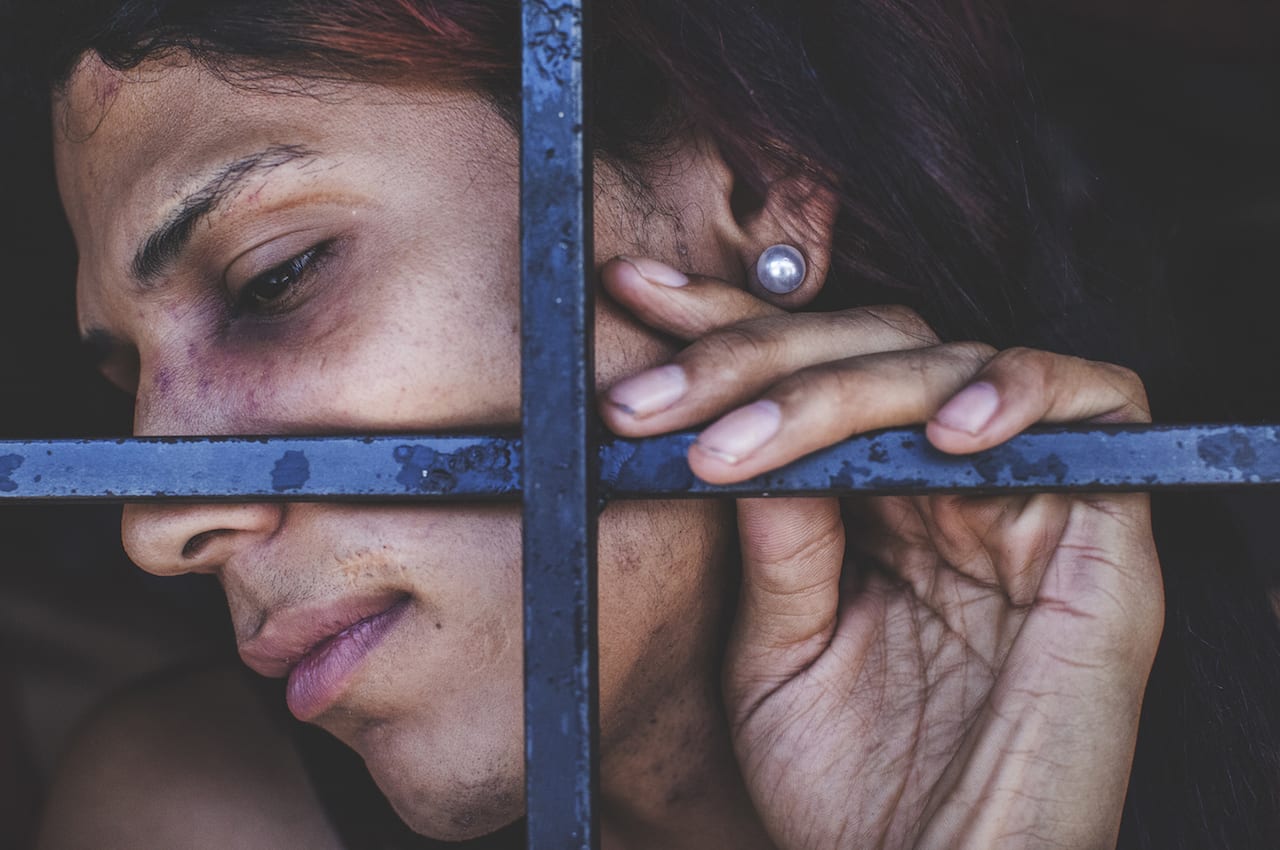
Nadia Shira Cohen has won the $10,000 Women Photograph + Getty Images grant for her work on the abortion ban in El Salvador – and the five grants of $5000 awarded by Women Photograph with Nikon have gone to Tasneem Alsultan, Anna Boyiazis, Jess T. Dugan, Ana Maria Arevalo Gosen, and Etinosa Yvonne Osayimwen.
Nadia Shira Cohen’s series Yo No Di a Luz documents the effect that the complete ban on abortion in El Salvador has had on women – particularly on those forced to give birth to children conceived as a result of rape. “Doctors and nurses are trained to spy on women’s uteruses in public hospitals, reporting any suspicious alteration to the authorities and provoking criminal charges which can lead to between six months to seven years in prison,” writes Shira Cohen. “It is the poorer class of women who suffer the most as doctors in private hospitals are not required to report.